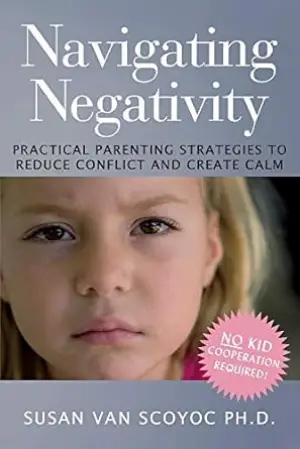Book Review: No More Tears by Gardiner Harris
As an avid reader with a passion for investigative journalism, I was immediately drawn to "No More Tears" by Gardiner Harris, especially given its focus on Johnson & Johnson, a name synonymous with trust in healthcare. I wanted to delve into the complex web of corporate corporate corruption and understand how a company, once viewed as a family-friendly giant, could be involved in such appalling practices. Harris’s reputation as an award-winning journalist intrigued me, and the book’s explosive premise promised to reveal the dark side of an icon I had long believed was above reproach.

From the moment I began reading, I could sense the meticulous research Harris undertook. His exposé is thorough, detailing catastrophic corporate misdeeds ranging from the cover-ups about Johnson’s Baby Powder and its link to cancer to the shocking realities of their marketing tactics involving opioids like Duragesic. Each chapter gripped me as I uncovered layers of corporate deceit that have threatened countless lives, painting Johnson & Johnson in a dramatically different light from the "baby company" image many of us hold.
However, while the book resonates with striking revelations and insights, it is not without its drawbacks. Some readers have pointed out that Harris sometimes falters in associating blame adequately. For instance, as Sean P. notes, the acetaminophen poisoning case feels like a weak spot in the narrative. While it serves to illustrate corporate negligence, it may not fully encapsulate the broader corporate malfeasance involved. This concern extended to other critiques, where some felt the author was perhaps hesitant to extend his scrutiny beyond Johnson & Johnson, perhaps to avoid an anti-industry bias.
Another area that slightly detracted from my overall experience was the writing style. Although Harris does a commendable job at making complex issues accessible (an observation echoed by reviewer Happy Gourmet), some segments tend to drag when detailing intricate case studies. It sometimes felt as though Harris’s eagerness to present all his findings risked overwhelming the reader. Nonetheless, his desire for clarity is notable, especially in a topic rife with complexity.
Yet, despite these minor shortcomings, "No More Tears" is undeniably an important read. The sheer audacity and responsibility of the pharmaceutical industry exposed here are staggering and, as Reviewer N.C. aptly noted, it reads like a thrilling novel instead of a dry report. My perspective on the healthcare system shifted significantly; it’s clear that a buyer-beware approach is not just prudent but essential.
Harris effectively emphasizes the need for stronger regulatory oversight in his conclusion—a sentiment shared by many readers, including those like Pat S., who found the research exhaustive and eye-opening. His revelations are not merely informative; they are a clarion call for safeguarding public health against corporate greed.
In summary, "No More Tears" delivers on its promise as an explosive exposé that forces readers to confront uncomfortable truths about a company they might have once trusted. Although it has its rough edges, it shines a light on the critical and often tragic intersection of corporate interests and public health.
I wholeheartedly recommend "No More Tears" for anyone seeking to understand the darker side of the pharmaceutical industry. Gardiner Harris has crafted a compelling narrative that challenges us to question the integrity of institutions we presume to trust. This book is not just an informative read; it is a necessary one for anyone interested in the depths of corporate ethics in healthcare.







